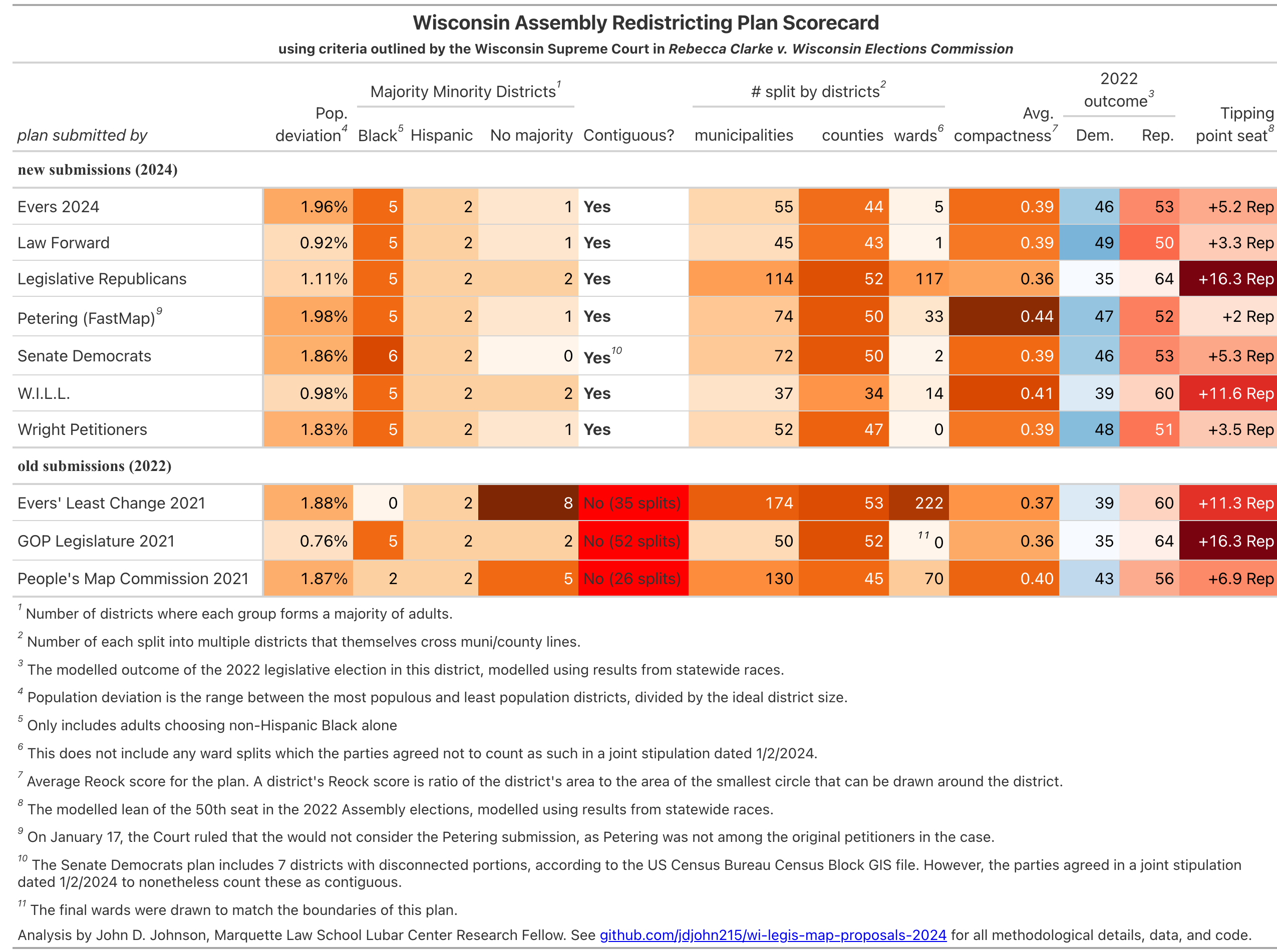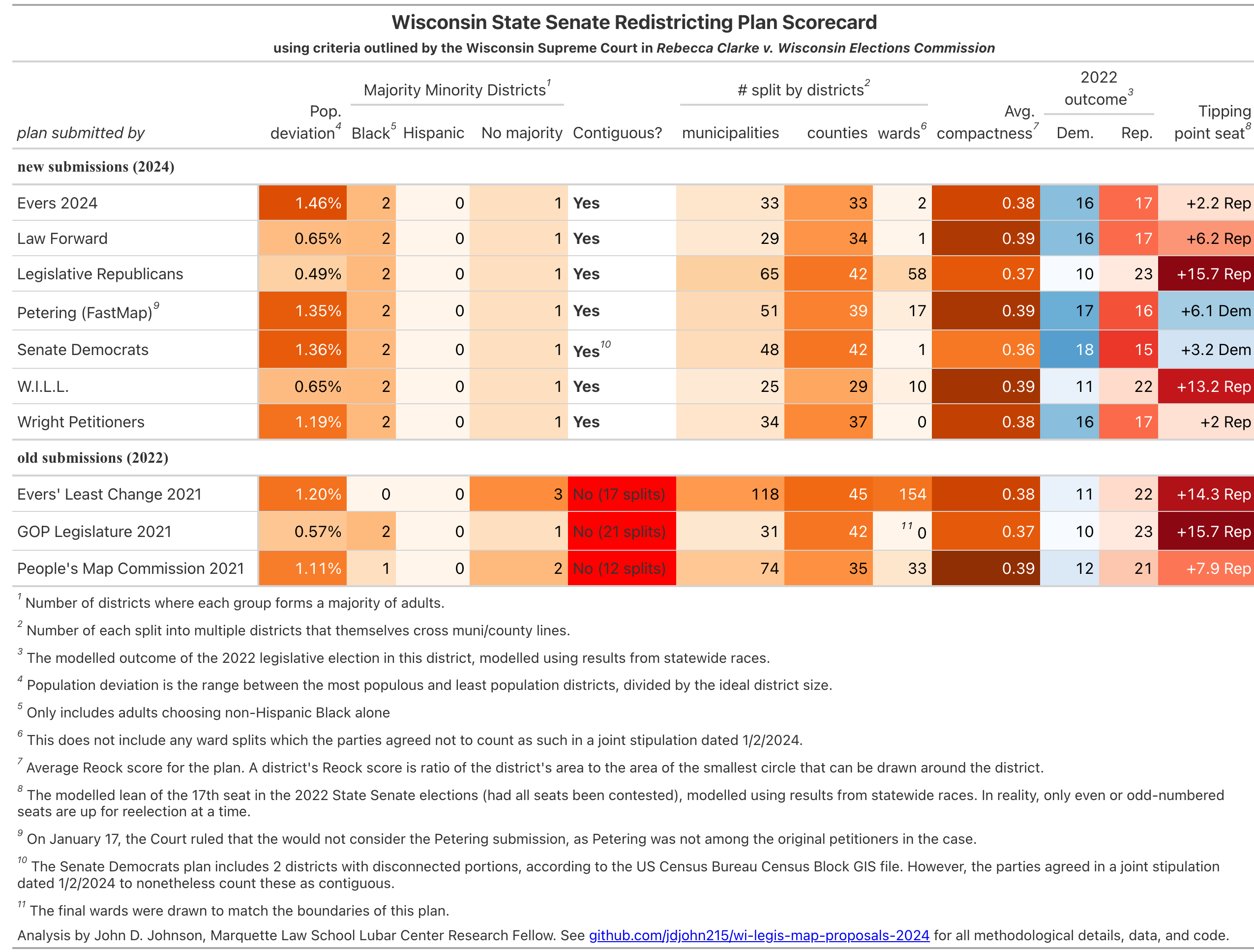Some Glimpses into the Law School’s Office of Student Affairs
 Last academic year, I wrote a series of blog posts giving some glimpses into the work and world of the Law School’s Office of Public Service (see here for the collection). While I did not know, in writing the first post, that I would feel moved to do a weekly series, this was a virtue of the first, in that otherwise I might not have posted at all. The vice was that I did not pass off enough costs. This year, in a related context, I’ll correct for the vice, even at the expense of forgoing the virtue.
Last academic year, I wrote a series of blog posts giving some glimpses into the work and world of the Law School’s Office of Public Service (see here for the collection). While I did not know, in writing the first post, that I would feel moved to do a weekly series, this was a virtue of the first, in that otherwise I might not have posted at all. The vice was that I did not pass off enough costs. This year, in a related context, I’ll correct for the vice, even at the expense of forgoing the virtue.
All of this is to introduce a series of blog posts that a number of us at the Law School envision this semester concerning our Office of Student Affairs. The name may have somewhat less recognition than OPS for a variety of reasons. They include that the assistant dean leading the office (Anna Fodor) has an administrative title (assistant dean of students) that does not precisely correspond to the “office.” There is also the fact that “student affairs,” as we conceive it at Marquette Law School, is exquisitely enmeshed with academic affairs, which Professor Nadelle Grossman leads as associate dean. A “final” reason is that some of us tend to think of Suite 238, the home of student affairs, simply as “the main office,” no doubt having carried the association with us from Room 146 in Sensenbrenner Hall, the Law School’s former home.
In any event, this is the first post in our effort to capture or describe a sphere in which Dean Fodor and a number of colleagues work to support and enhance the experience of law students. They include Nicole Toerpe Mason, the Law School’s registrar; Stephanie Danz, assistant registrar; Sarah DiStefano, assistant director of student affairs (lest it be thought that we never use the phrase in a title); and Emma Geiser, whom you may recognize from her work at the front desk in the office. No doubt subsequent posts will mention them more specifically.
My particular interest in this post, besides providing the introduction(s), is to note the comprehensive work of the Office of Student Affairs team. In a sense, this can be captured by reference to the bookends of the academic year or even of the Marquette Law School experience: New Student Orientation in the fall and the Hooding and Commencement Ceremony in the spring. Both of these are “productions” of the Office of Student Affairs, even as they necessarily draw substantially on the work of numerous other colleagues and offices at the Law School.
To be sure, many things happen in student affairs between the beginning and the end, even while (as I said in my most recent welcome-back letter) students’ “time here is spent, in a sense, primarily with faculty.” Some relatively new experiments in the student affairs realm seem to be becoming staples. “Fall in the Forum,” a community gathering the past two Septembers, may be one such. I myself especially appreciate this effort—and only partly because it has helped support my long-held intuition that the Zilber Forum, at the center of Eckstein Hall, would be a fine venue for an event with live music. “Finals Breakfast for Dinner” is a few years older yet and has the advantage of being unambiguously about food for law students (on an evening during the fall and spring semester exam periods).
Those references are to particular events that tend to have a celebratory or community-building focus about them. Law School, like much of life, is sometimes a slog—or, to sound another theme from my most recent welcome-back letter, a process of “habit-making.” In that regard, the Office of Student Affairs also provides both a number of programs that span the academic year, such as the Academic Success Program and Marquette Law Mentorship Program (also well captured in this photo), and ongoing services, such as one-on-one advising and support touching on almost every aspect of student life. Future blog posts in this series will have occasion to delve into those.
Words and even examples can communicate only so much, but I am very confident that, through this series, what we find together will give us all a deeper sense of just what a special community Marquette Law School is.
Did I mention that I will not be doing all of the posts? That is part of the reason that I can be so confident.



